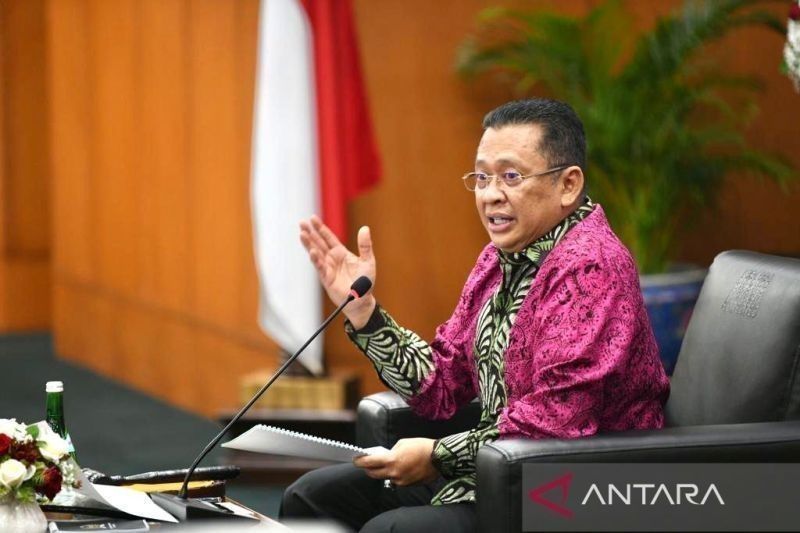Federal Agriculture Minister Murray Watt said closing the border would probably harm trade with Indonesia, worth about $8 billion a year, without solving the problem.
Loading
“We have to make sure we don’t cut off our nose to spite our face,” Watt said. “That could potentially impact livestock, wheat and other farmers and hit producers’ incomes right across the country, even if foot and mouth disease never reaches our shores.
“In fact, the opposition’s desperation to score political points is already impacting our agricultural trade, with industry reporting concern from customers overseas.”
Australian Farm Institute managing director Richard Heath said with Australia’s Chief Veterinary Officer recommending the border remain open, a ban on travellers could do more harm than good.
“Unless you actually shut down trade as well as people, you’ve still got meat products, and you’ve got all sorts of other things moving around, that could still bring in foot and mouth disease,” Heath said. “So you’re putting a drastic solution which doesn’t guarantee that it won’t come in from Indonesia anyway.”
National Farmers Federation president Tony Mahar has also rejected a border closure. He said it would be hard to justify limiting it to tourism travel, given trade with Indonesia is worth about $8 billion and livestock and other vessels carry a similar or greater risk of bringing foot and mouth on Australia’s shores.
Loading
“You’ve got to understand the implications of decisions like that, and before any decision is made, the government should be absolutely clear on what the consequences and implications are,” Mahar said.
Australian Live Export Council chief executive Mark Harvey-Sutton, who represents a peak body for northern Australia’s cattle industry, said closing the border to tourism could lead to broader border bans that jeopardise trade relations and even potentially Indonesia’s food security.
“It’s an overly simplistic solution to what is a very complex issue,” he said.
“When we talk about agricultural trade with Indonesia, we’re actually talking about their food security.
“They rely on us for grain or wheat or flour, whatever to make, make a lot of their produce, and they do rely on Australia for in our sustainable, affordable source of protein.”
Dutton’s office was contacted for comment.
Cut through the noise of federal politics with news, views and expert analysis from Jacqueline Maley. Subscribers can sign up to our weekly Inside Politics newsletter here.


